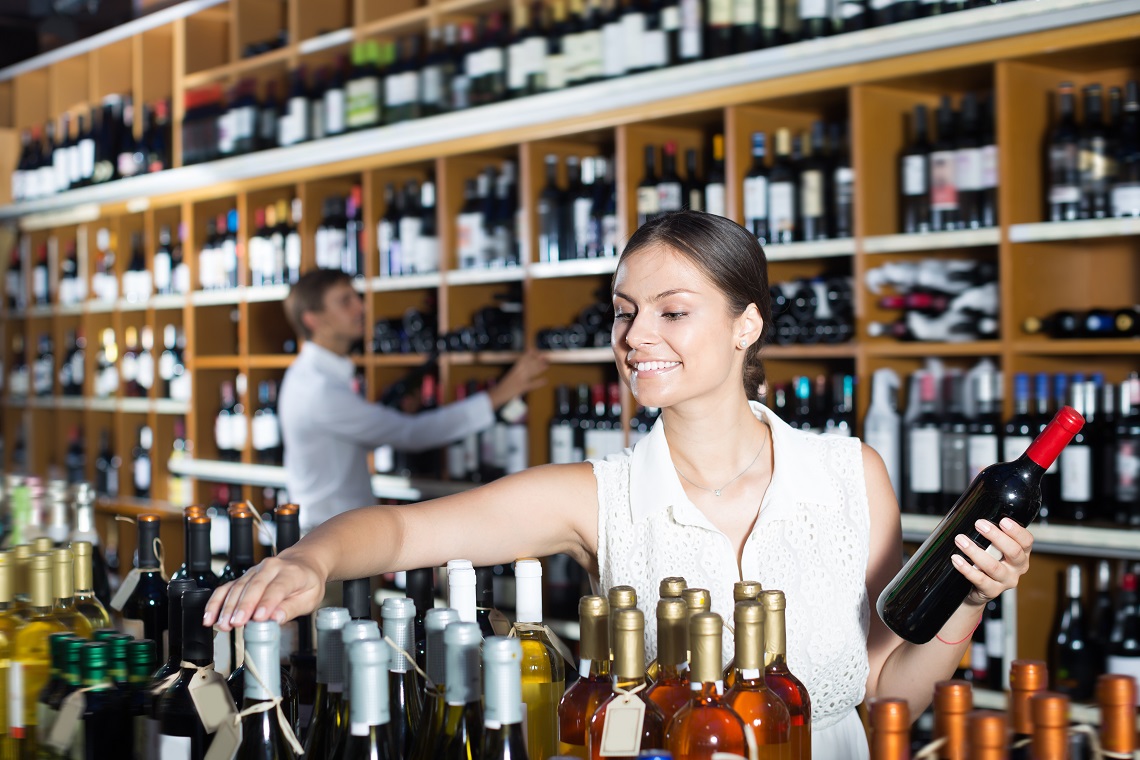The number of packaged liquor licences in New South Wales has overtaken pub licences for the first time, according to a report from Fairfax Media.
With the number of packaged liquor licences increasing, the fact that there has not been many new pubs in the state in recent decades, has been a significant factor in the off-premise rise.
John Green, AHA NSW’s Director of Liquor and Policing, told TheShout: “Essentially what we’ve seen is very few new hotels open over the past 50 years. Unfortunately, over the same period, we’ve also seen a number of country towns falling on hard times, with increased electricity, excise, annual licensing and other costs, coupled in many instances with demographic changes, leading to the local pub closing.”
Correspondingly there has been growth in the number of packaged liquor licences, although as Michael Waters, Executive Director of the Liquor Stores Association NSW & ACT (LSA), points out this has been driven by online-only licences.
“Today there are around 2,500 packaged liquor licences across NSW, of which around 14 per cent are ‘online-only’ packaged liquor licences,” Waters told TheShout. “In 2012, there were around 2,200 packaged liquor licences with around nine per cent being ‘online-only’.
“Online-only retail has been the greatest contributor to overall packaged liquor licence numbers growth in the past 10 years, however we know that a significant proportion of these licences are not active or trading.
“The overall number of packaged liquor licences in NSW has not changed since 2015 – it was around 2,500 then, and is around 2,500 now.”
Waters also highlighted that the growth in packaged liquor licences has come at a time when the per capita consumption of alcohol in Australia has fallen.
“The overwhelming majority of Australia’s 15.5 million legal drinking age consumers are making informed and sensible choices about their drinking behaviour as demonstrated by the long term decline in per capita alcohol consumption,” Waters said.
“Australians drinks less alcohol per capita now, than in the past 50 years. Shifting attitudes towards alcohol and health, and trends in population growth, are contributing to changes in the relationship that we have as a nation with alcohol.
“This steady decline has been long-term and continued during a period when there has been competitive promotional activity, combined with an overall increase in the number of liquor licences, dispelling the myth that increased availability of alcohol beverages increases the amount consumed – the facts demonstrate the opposite.”
He added: “The retail liquor sector provides consumers with a wide choice of premium beverages at competitive prices, for people to share with friends and family in the safety of their homes.”

